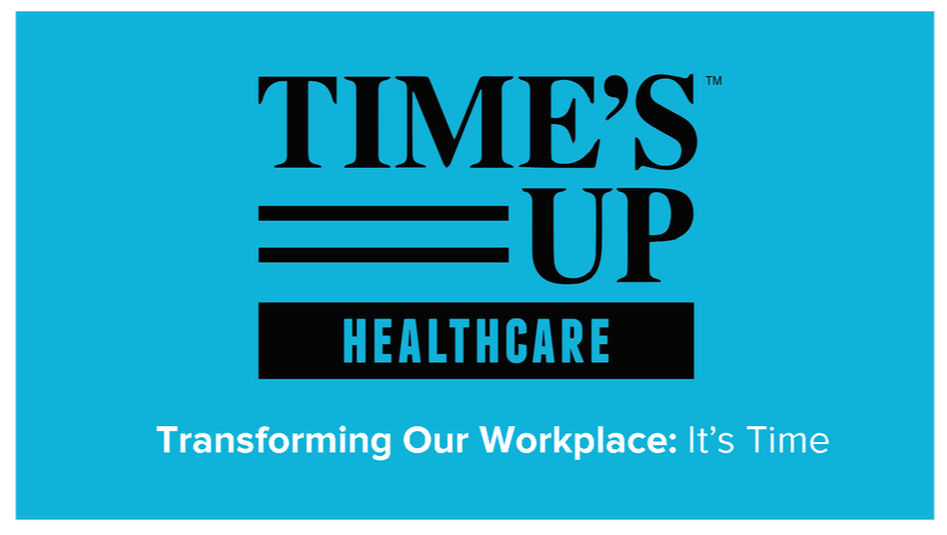Health Workforce Speakers
The Mullan Institute hosts nationally renowned speakers that help shape and influence national health workforce policy discussions. Speaker presentations provide important networking opportunities between students and faculty within the School of Public Health, with faculty from in other GW schools, and with leaders from other academic centers and foundations.
Our speakers have represented nationally recognized workforce leaders and funders including the: Health Resources and Services Administration, National Center for Health Statistics, American Association of Medical Colleges, and National Association of Community Health Centers. Examples of presentation topics include: Pre-Baccalaureate Healthcare Workers in a Time of Health System Change; The Evolving Team Role of Community Health Workers: Issues and Opportunities; Integration of Primary Care and Public Health; and The Health Workforce Needed in an Era of Transformation.
Our speakers have represented nationally recognized workforce leaders and funders including the: Health Resources and Services Administration, National Center for Health Statistics, American Association of Medical Colleges, and National Association of Community Health Centers. Examples of presentation topics include: Pre-Baccalaureate Healthcare Workers in a Time of Health System Change; The Evolving Team Role of Community Health Workers: Issues and Opportunities; Integration of Primary Care and Public Health; and The Health Workforce Needed in an Era of Transformation.
Most Recent Speaker |

Our most recent speaker was Dr. Megan Coylewright, an Assistant Professor of Medicine at the Geisel School of Medicine at Dartmouth and Assistant Professor at the Dartmouth Institute for Health Policy & Clinical Practice. Dr. Coylewright presented data on the problem of gender inequity in healthcare today, including it's cost, why it persists, an what we may gain by fixing it. She also provided examples and resources from organizations and institutions that are currently tackling this problem with innovative and effective strategies. View archived presentations
|

